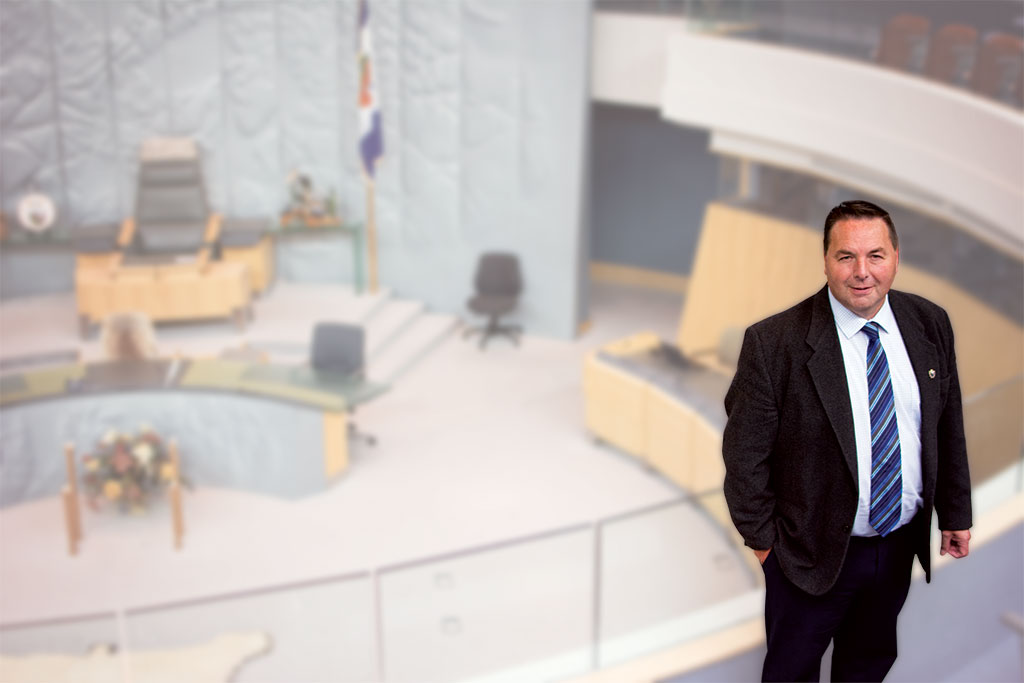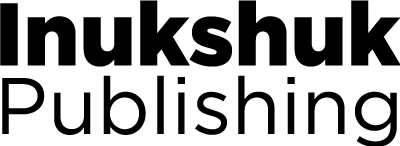Making Friends
Reconciliation Starts With Understanding

Reconciliation is defined as the act of causing two people or groups to become friendly again after an argument or disagreement. So what do Indigenous and non-Indigenous Canadians need to do to become friendly again? It starts with developing understanding and building relationships: Jean-Paul Restoule, associate professor of Aboriginal education at OISE/University of Toronto
Reconciliation is a responsibility we as Canadians all share. So how do we do this? As defined we must start with developing an understanding and building a relationship with each other. When Indigenous reconciliation is brought up one tends to think of this as a federal responsibility, however, it’s much more than that. We as Canadians are in this together and these are early days in this relationship. You can’t erase 100 years of being offside with each other overnight.
The conversation has now started and that’s a good thing, this is how we will have a better understanding of each other as Indigenous people, non-Indigenous people, and governments.
There has been a number of things that have taken place to help reach some level of better understanding:
The Truth and Reconciliation Committee and Calls to Action;
The National Inquiry of Missing Women and Girls Call for
Justice; and,
The Dissolution of Indigenous and Northern Affairs Canada
replaced by Indigenous Services Canada and Crown and Indigenous Relations and Northern Affairs Canada.
And there’s much more, all of which goes to the idea of us beginning to share a better understanding. As with any relationship, there will always be ongoing work and understanding that needs to be fostered. Here are some examples that the government had in its election platform in 2019 intended to further close the gap resulting in better servicing and a continued path toward reconciliation.
Advancing self-determination;
Support human rights and the rights of Indigenous people; and,
Implementing the Truth and Reconciliation Committee Callsto Action and those of the National Inquiry into MMIWG’s Calls for Justice.
The take away that I have seen traveling across this country as a Minister of the government of the Northwest Territories is that the conversation always starts from either a federal or territorial/provincial minister saying this is what we want to do around reconciliation. That’s all good, except my take is that not all parts of Canada, or groups of Indigenous people, are starting in the same place.
One needs to understand that the relationship and needs of Indigenous people vary greatly from coast to coast to coast. This is particularly true at the provincial and territorial government levels.
I was always proud to speak to this issue, as I believe Canada can learn a lot from the Government of the Northwest Territories and our Indigenous people and Indigenous governments. We are far ahead of the rest of Canada with respect to engagement, consultation, and our government to government relationships.
It was a point that I raised regularly and will continue to do. ABQ

